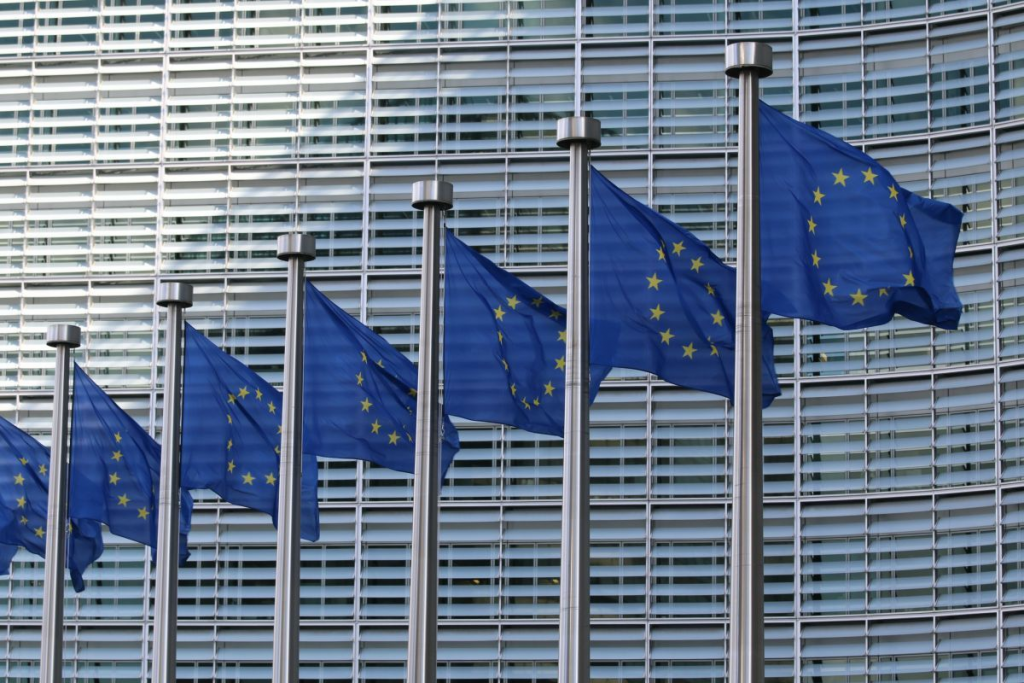Brussels: The European Commission has called for accelerated efforts within the EU to enhance water protection and improve flood risk management.
The latest report on the EU’s water quality reveals that only 39.5% of surface water bodies achieve good ecological status, while just 26.8% meet good chemical standards. The Commission attributes these issues primarily to widespread contamination from mercury and other hazardous pollutants. Water scarcity and drought are also rising concerns across many regions in the EU.
To address these challenges, the Commission recommends that member states increase compliance with EU water regulations, adhere to pollution limits, improve wastewater management, and secure adequate funding for effective water management practices. Efforts should also focus on tackling ongoing environmental issues like chemical pollution and promoting water reuse.
The Commission emphasizes the need for investments in flood prevention strategies, which should prioritize ecosystem restoration, nature-based solutions, and robust early warning systems. This call to action follows severe flooding events in countries such as Slovenia, Spain, Germany, Austria, Poland, Romania, and France over the past couple of years.
Additionally, member states are encouraged to enhance protections for marine biodiversity and reduce nutrient, chemical, and underwater noise pollution. They are also invited to contribute to the development of the future European Water Resilience Strategy, with a consultation event scheduled for March 6.
Despite the challenges ahead, the Commission acknowledged notable progress in recent years, reporting a 29% decrease in marine macro litter along EU coastlines from 2020 to 2021, compared to the 2015-2016 period. The presence of single-use plastics decreased by 40%, while fisheries-related items and plastic bags were reduced by 20%.
